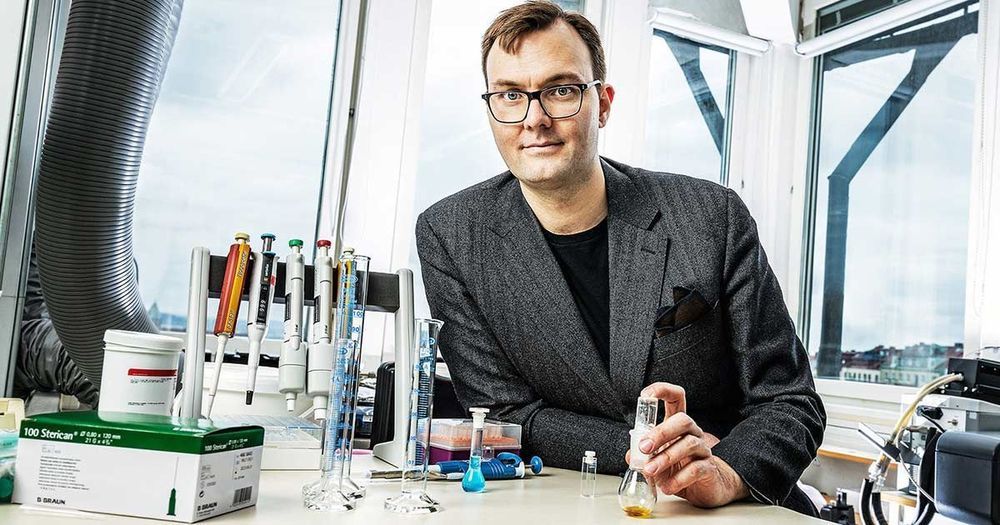Researchers in Sweden have created a molecule that offers a way to trap heat from the sun.


Daily sun, earth and science news
Need to Catch Up?
CLIMATE FORCING: https://youtu.be/rEWoPzaDmOA
CLIMATE FORCING [Short]: https://youtu.be/tul07hx8V8w
PLASMA COSMOLOGY: https://youtu.be/E4pWZGBpWP0
PLASMA COSMOLOGY [Short]: https://youtu.be/G48V-Fmh4uc
COSMIC DISASTER: https://youtu.be/B_zfMyzXqfI
Lots more on our channel page, just click our name!
Our Websites:
https://www.Suspicious0bservers.org
https://www.SpaceWeatherNews.com
https://www.QuakeWatch.net
https://www.ObservatoryProject.com
https://www.MagneticReversal.org
Facebook: https://www.facebook.com/observatoryproject/
Alerts on Twitter: https://twitter.com/TheRealS0s
Instagram: https://www.instagram.com/mobileobservatoryproject
Wanted- Earthquake Forecasters: https://youtu.be/l1iGTd84oys
Scientists at Harvard have created a texture in meat grown in a lab close to the actual animal meat we’re used to. Would you eat it?
» Subscribe to Seeker!http://bit.ly/subscribeseeker
» Watch more Elements! http://bit.ly/ElementsPlaylist
Human meat consumption is bad for the planet—livestock raised for food makes up for approximately 14–18% of our greenhouse gas emissions, and the land requirements to grow their food is responsible for nearly 80% of all deforestation in the Amazon.
80%!
So scientists have been working to create a realistic imitation for animal meat in a lab, and with a recent breakthrough researchers from Harvard have come one step closer to making lab-grown meat taste and feel like the real deal.
How?
Gelatin.
This vegetarian butcher makes plant-based meals that look and taste like real meat. Look out for our weekly Pioneers for the Planet videos, a collaboration with WWF #Netflix #OurPlanet #ShareOurPlanet #VoiceForThePlanet
A huge test for the fuel of the future.
Goodbye, bulky A/C units: This film can cool an entire building.
How a tiny beetle could help us harvest water from thin air.
This 3D-printed robotic arm could be the most advanced and most realistic yet.
Chinese carmaker unveils the ‘world’s cheapest electric car,’ starting at less than $9,000.
More countries coming very soon! Start your bionic journey here: http://